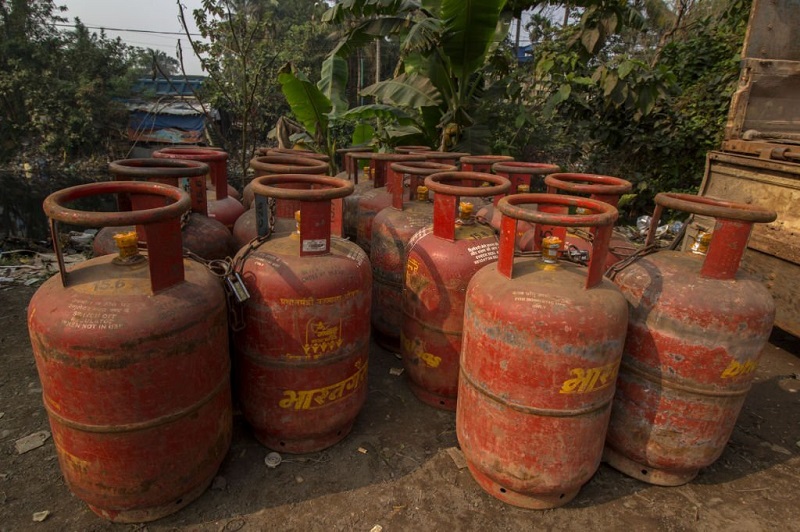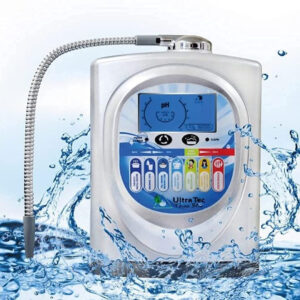Ever stopped to wonder how much of your home’s smooth functioning equals a properly running Hot Water Service (HWS)? Or contemplated the significance of a domestic hot water cylinder’s life span? Most homeowners rarely give these units a thought until they malfunction, throwing daily routines into chaos. This blog post aims to shed light upon the often-overlooked yet critical component of our homes: Domestic Cylinders.
The focus is to guide homeowners in understanding their HWS and, in turn, enable the adoption of maintenance practices that boost their cylinder’s longevity. By adopting some simple routines, you could ensure a reliable hot water supply day after day, stretching your cylinder’s life and the comfort it brings for years to come.
In this in-depth look at domestic cylinder longevity, we’ll delve into the whys and whats of cylinder conservation, decode maintenance jargon, and share some practical, yet effective tips. Also, we’ll explore the pros and cons of different types of cylinders and how they affect their maintenance. The goal is to equip you, the homeowner, with the knowledge to keep the heart of your home beating strong.
The Significance of Domestic Cylinder Maintenance
Understanding the importance of domestic cylinder maintenance begins with an appreciating the role it plays in our homes. These household units are responsible for bathwater, dishwashing water, and more – all integral parts of daily living.
Routine inspections and maintenance help spot early signs of wear and tear, reducing the risk of a complete system shut-down. Regular maintenance also maintains efficiency and reduces energy wastage, bringing financial savings in terms of lower utility bills.
One cannot overpower the reality that a well-maintained cylinder helps prolong its life, ensuring uninterrupted comfort and convenience. By making maintenance a priority, homeowners can truly optimize their investment in the long haul.
Enter the Maintenance Routine
Entering the world of domestic cylinder maintenance might seem daunting. However, the key is understanding that this routine revolves around three core staples: inspection, cleaning, and replacement.
Inspection involves checking for rust, damage, and leaks. Cleaning encompasses removing sediment and flushing your system, while replacement refers to the periodic substitution of crucial parts that wear out over time. Together, these three steps form the backbone of effective and efficient domestic cylinder maintenance.
Decoding Different Types of Cylinders
Knowing what type of cylinder you have at home can significantly influence your maintenance routine. Gas, electric, solar – each has their own unique care requirements and longevity expectations. Understanding the specifics of your system and adjusting your routine accordingly can help maximize lifespan and overall performance.
Pros and Cons of Cylinder Maintenance
With any home improvement or maintenance task, it’s essential to weigh the pros and cons. While cylinder maintenance requires time and effort, the benefits often outweigh the drawbacks. Keep in mind that the purpose is to extend the unit’s life, reduce energy wastage and, ultimately, save money.
Practical Tips for Cylinder Longevity
Empowerment in maintenance becomes easier when equipped with practical, real-world tips. Remember, the goal is not just to preserve but to enhance your domestic cylinder’s performance and longevity. From knowing when to call in professionals to simple DIY tasks, these suggestions intend to empower homeowners in their efforts to keep their homes running smoothly.
Avoid the Pitfalls: Common Maintenance Mistakes
As important as knowing what to do, is understanding what not to do. Some seemingly harmless practices can be detrimental to your system’s longevity. This final section brings to light some common maintenance mistakes and misconceptions, allowing homeowners to avoid inadvertent damage to their domestic cylinders.
Conclusion
Staying on top of your domestic cylinder‘s maintenance routine can seem like a daunting task. However, when viewed in light of achieving a long-lasting, efficient HWS, it is indeed a worthwhile investment. The knowledge and tips shared here aim to empower homeowners, transforming them from helpless spectators to proactive participants. Optimizing your domestic cylinder’s longevity is not just about mere maintenance anymore. It’s about evolving with your home, understanding its rhythms, and ensuring the wheels keep on turning, bringing comfort and convenience day after day. After all, isn’t that what truly makes a house a home?





